ZeEUS and ELIPTIC projects support efforts to reduce carbon emissions
On 11 December 2015, 195 nations participating in the COP21 meeting of the U.N. Framework Convention on Climate Change and adopted by consensus a legally binding plan to fight climate change. The resulting Paris Agreement aims to abandon carbon emission this century, and stop global warming “well below” 2 degrees Celsius. Reducing the carbon emissions involves undoubtedly a wider proliferation of public transport, the postulate of the UITP Association which was officially recognised by the UN during the climate summit (read here: Public transport Climate Action Efforts Recognised at COP21). In particular, electric buses have a potential to fight climate change as they offer emission-free service. This vision was adopted by UITP, which coordinates the ZeEUS project and is involved also in ELIPTIC.
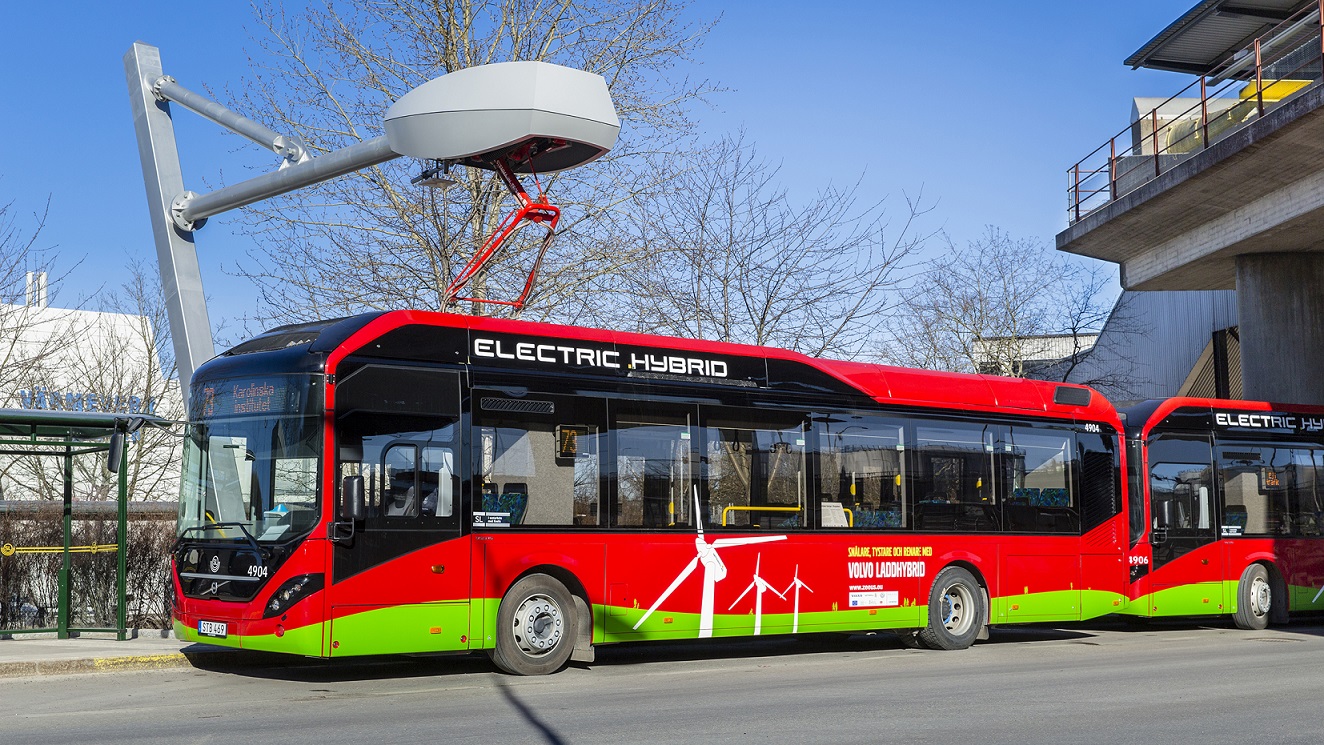
The ZeEUS project, coordinated by UITP, is one of the largest electromobility projects ever funded by the European Commission. In order to extend the fully electric solution to a wider part of European urban bus networks, ZeEUS tests innovative electric bus technologies with different charging infrastructure solutions in ten demonstration sites across Europe: Barcelona (ES), Bonn (DE), Cagliari (IT), London (UK), Munster (DE), Paris (FR), Plzen (CZ), Randstad (NL), Stockholm (SE) and Warsaw (PL). With half of the demonstrations launched in Barcelona, London, Münster, Plzen and Stockholm, the project has entered the evaluation phase. Namely, the project will assess the feasibility of introducing high capacity electric bus from different aspects: economic, operational, social and environmental. “The running demonstrations have already allowed to gather some promising data, which will be published at a later stage of the project”, revealed the UITP-coordinator Umberto Guida. The ZeEUS' efforts to support the introduction of the high-capacity e-buses has already been recognised – it was included in the Paris Declaration on Electro-Mobility and Climate Change and Call to Action at COP21. Partners to the Declaration commit to broaden their efforts and call for a decisive joint effort towards sustainable transport electrification – including that at least 20% of all road vehicles (cars, 2 and 3-wheelers, trucks, buses and others) will be electrically powered by 2030.
While the ZeEUS project concentrates on the vehicles, ELIPTIC focuses on optimising and regenerating existing electric public transport infrastructure and rolling stock. This includes the integration of e-buses into the existing public transport infrastructure, but also smart energy management concepts for public transport and using public transport infrastructure as a backbone for smart electromobility. Taking different topographic and operational aspects into account, ELIPTIC is analysing opportunity, fast and slow charging using tram and metro infrastructure in cities such as Bremen, London, Brussels, Barcelona, Warsaw, Leipzig and Oberhausen. The project also assess the potential of replacing diesel buses with more flexible trolley-hybrids in cities such as Eberswalde, Szeged and Gdynia. Moreover, Key Enabling Technologies (KETs) are tested in relevant environments, i.e. automatic wiring and de-wiring while driving for increased flexibility of electric bus systems or a multi-purpose “sub-station of the future” including charging options for e-cars based on innovative energy management and network based energy storage devices. These measure will help cities invest cost-effectively in ways to connect their electric public transport charging infrastructure to the existing electricity grid and reduce their carbon emissions.
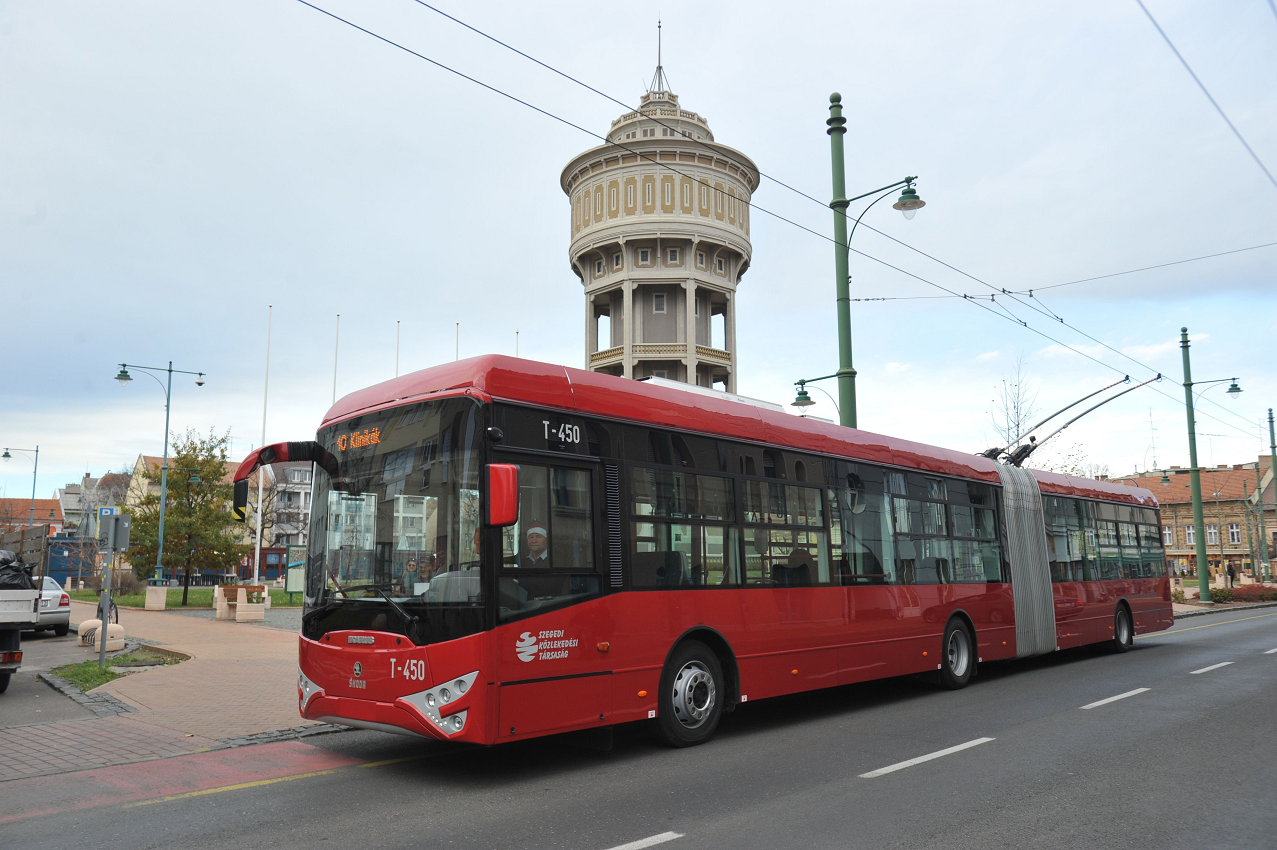
The growing numbers of e-buses running in the European streets thanks to the ZeEUS and ELIPTIC projects as well as the Paris Agreement clearly indicate: the growth of alternative fuel use and a strong signal to markets for green investment and innovation. “If governments are committed to making ambitious targets for CO2 reductions, they will need the public transport sector. UITP is here to help them deliver on their commitments and monitor their progress”, said Alan Flausch. At the core of the UITP’s tools are the EU-funded research projects - ZeEUS and ELIPTIC. They will further support the efforts towards the clean mobility in cities.
For more information about the ZeEUS project, contact Pauline Bruge: pauline.bruge@uitp.org. For ELIPTIC, please see www.eliptic-project.eu or contact Yannick Bousse: yannick.bousse@uitp.org.
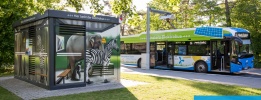

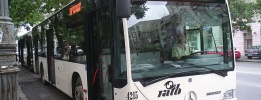

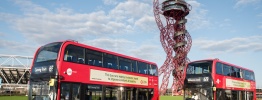
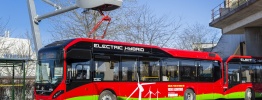
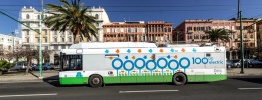
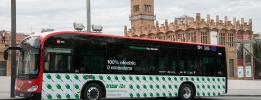

 ZeEUS is co-funded by the European Commission under the 7th Research & Innovation Framework Programme, Mobility & Transport Directorate General under grant agreement n° 605485. The ZeEUS project has been launched by the European Commission in the frame of the European Green Vehicle and Smart Cities & Communities
ZeEUS is co-funded by the European Commission under the 7th Research & Innovation Framework Programme, Mobility & Transport Directorate General under grant agreement n° 605485. The ZeEUS project has been launched by the European Commission in the frame of the European Green Vehicle and Smart Cities & Communities Coordinated by UITP
Coordinated by UITP